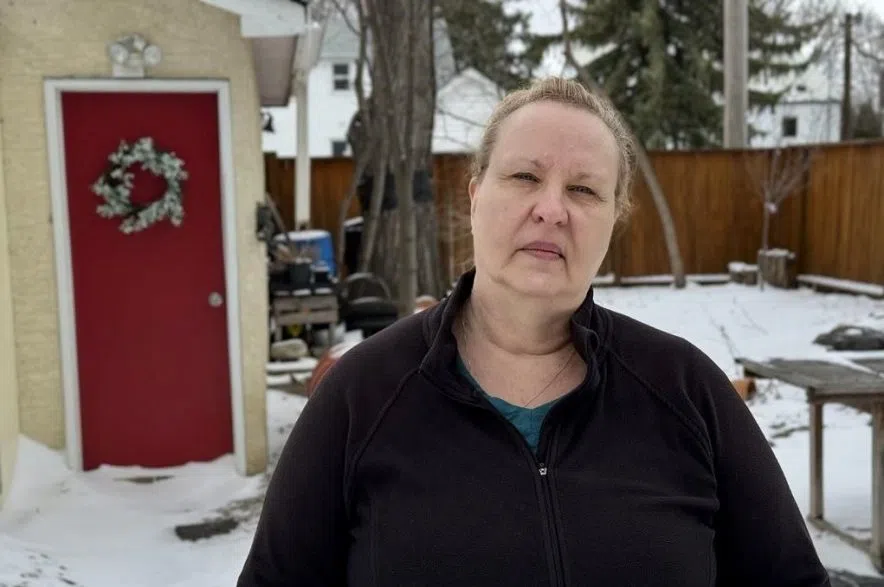REGINA — Suzanne Kuchinka, mayor of the village of Macoun in southeast Saskatchewan, says it’s been a struggle for years to keep family doctors because they retire or move elsewhere.
In Lloydminster, a city on the Saskatchewan-Alberta boundary, Mayor Gerald Aalbers says doctors who want to work in his community are facing roadblocks.
These are some of the health-care issues facing small Saskatchewan communities.
A report released this month cited hundreds of service disruptions over four years due to staffing shortages along with morale issues among workers.
“We’re dying for doctors,” Kuchinka said recently in Regina at an annual meeting of municipal mayorsand councillors.
Aalbers said he knows a Lloydminster woman who’s internationally trained to be a doctor but is unable to enrol in a Saskatchewan program that would help her practise in the city.
She’s now moving to New Brunswick to work, he said.
“It’s a real challenge. I’d love to see how we can recruit more doctors to our communities and maintain the ones we have,” Aalbers said.
The Saskatchewan Population Health and Evaluation Research Unit at the University of Regina released thereport looking at the state of rural health care in the province.
The team went through government and media reports, interviewed workers and held group discussions in a large virtual event.
The Canadian Union of Public Employees Local 5430 funded the project, though the report says the union did not direct or design the research.
Project lead Nuelle Novik, an associate professor at the university, said the team counted 533 service disruptions from August 2019 to July 2023 in rural regions with union staff. The disruptions included temporary closures of a hospital or reduced hours.
It means patients drove further away for care, said Novik. And when they got to a larger city with services, they were also waiting longer.
“This is something we should all be concerned about,” Novik said.
“Those folks in rural communities are finding themselves in those urban centres, which is increasing the demands on those particular systems.”
Two years ago, Kuchinka said, she had to go to Regina to give birth to her child, because the hospital in nearby Estevan could not offer the service.
“It’s kind of crazy,” she said.
The report says 49 per cent of the province’s doctors were internationally trained in 2022 and many often leave rural communities.
Kuchinka said the province needs to get into local high schools and encourage students to work in medicine. It could consider offering tuition relief, she said.
“Many of these internationally trained doctors use smaller communities as stepping stones,” she said.
Novik’s research also found low morale among those who work in rural health care.
Saskatchewan has been hiring more contract nurses from out of province to help fill positions. But they are often paid more.
Last week, nurses in Saskatoon wrote in a letter to provincial Health Minister Everett Hindley about how pay disparity is creating problems. Out-of-province nurses also get first priority for shifts due to contractual obligations, it says.
“We are in crisis. Please listen to our voices,” says the letter.
Hindley said last week the Saskatchewan government has hired more staff and is offering higher pay through a bonus to those who move to smaller communities.
The province is also expanding the number of training seats at post-secondary schools and has made changes to make it easier for internationally trained doctors to work in the system.
“As we continue to fill the vacancies that we have when it comes to nursing, we’ll be phasing away from and phasing out the use of contract nurses as we build the health-care system here in Saskatchewan,” Hindley said.
Aalbers has proposed the province use more nurse practitioners, as many patients would rather see one than wait hours in a hospital.
“(Nurse practitioners) are needed everywhere, and it’s a solution for every community,” he said.
The province said it’s going to add 25 nurse practitioners in the next year but hasn’t provided details on where those positions will be.
Through her research, Novik said she was surprised to learn many staff had concerns with the amalgamation of Saskatchewan’s former health regions into one authority. She said workers have reported that they have less access to their managers.
Her report also says Saskatchewan’s lack of rural transportation is causing issues. There used to be a provincial bus service, but it was axed in 2017.
“There needs to be an investment in rural health care,” Novik said. “Temporary solutions aren’t necessarily going to change things long-term.”
Jeremy Simes, The Canadian Press











